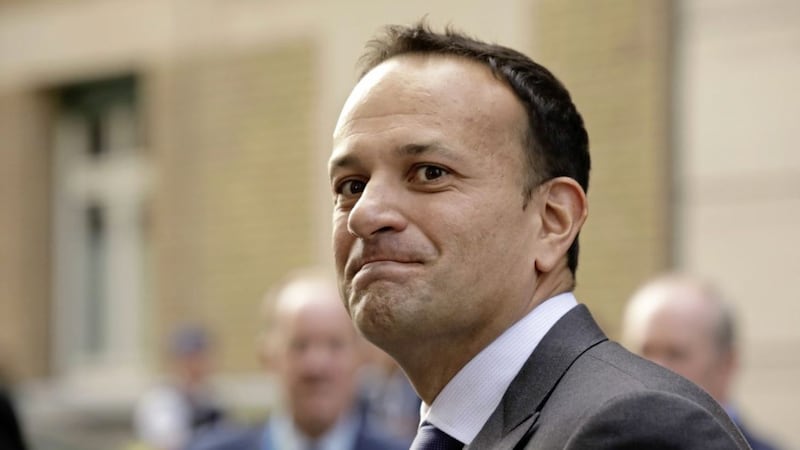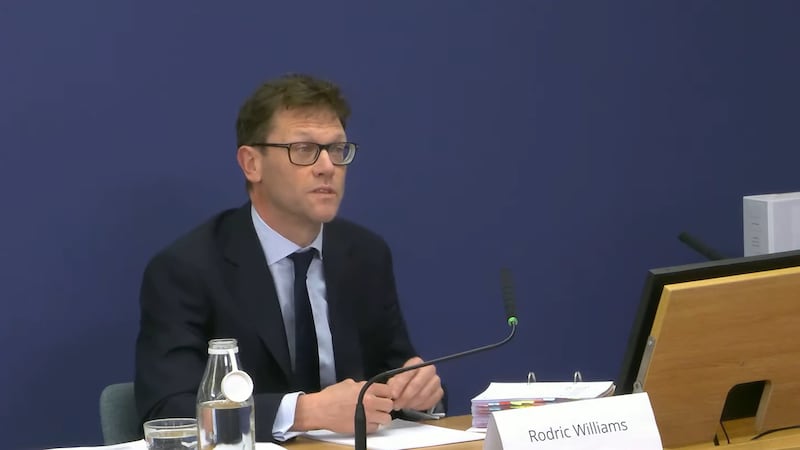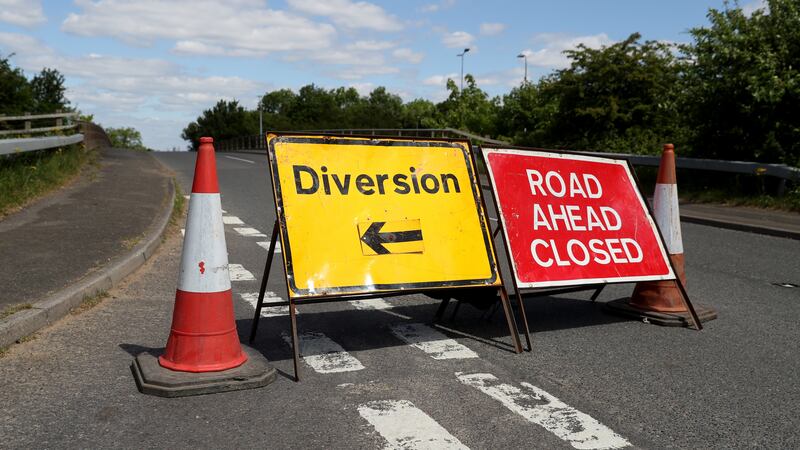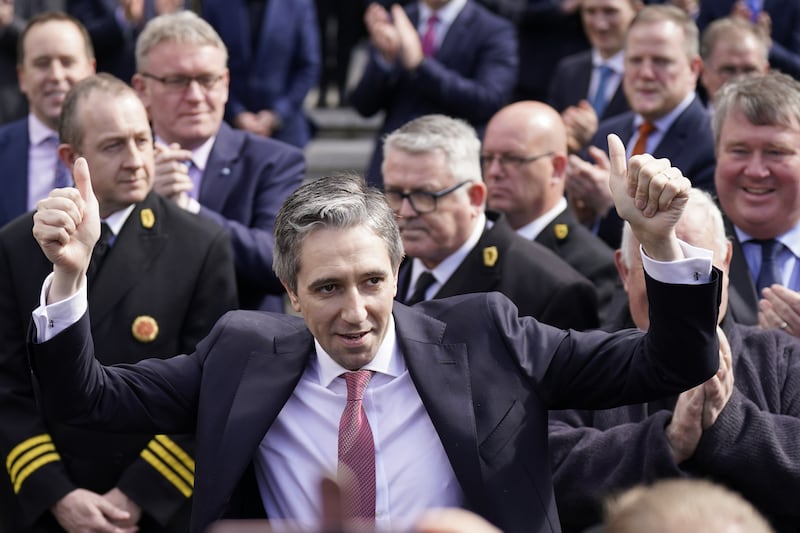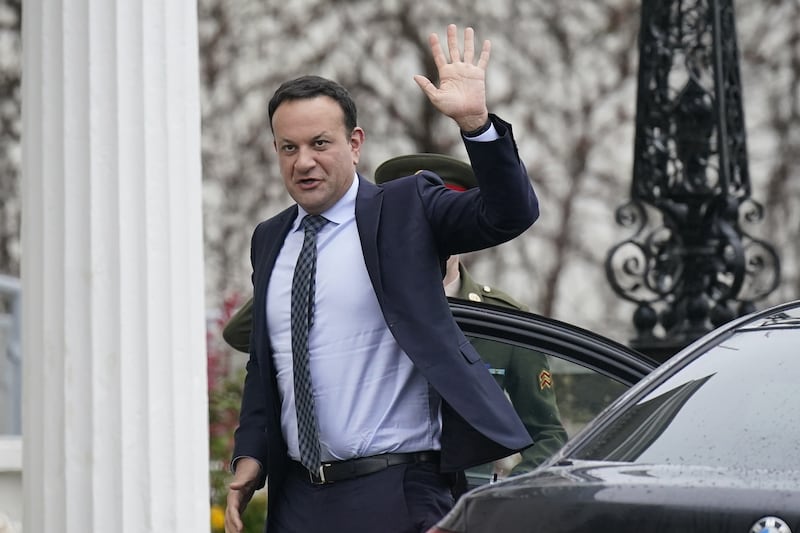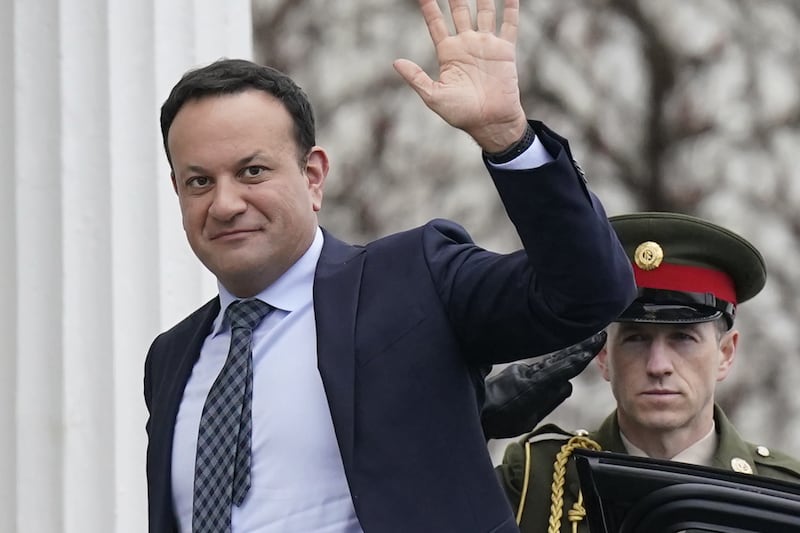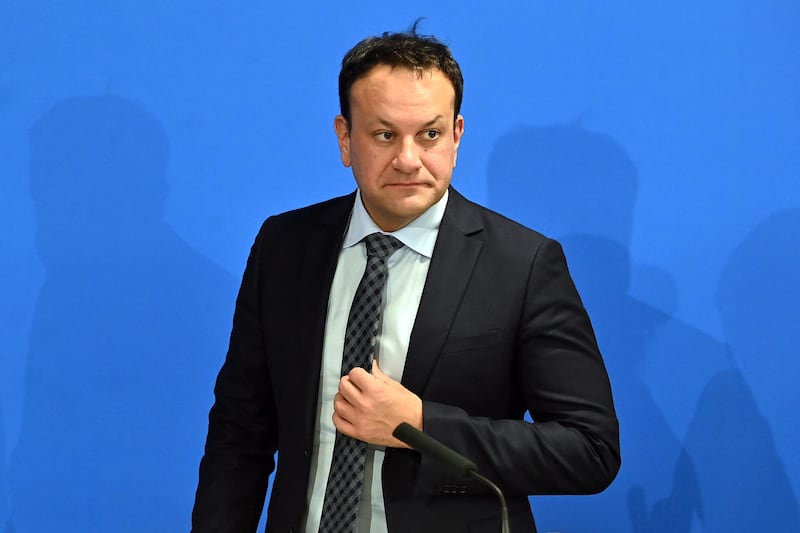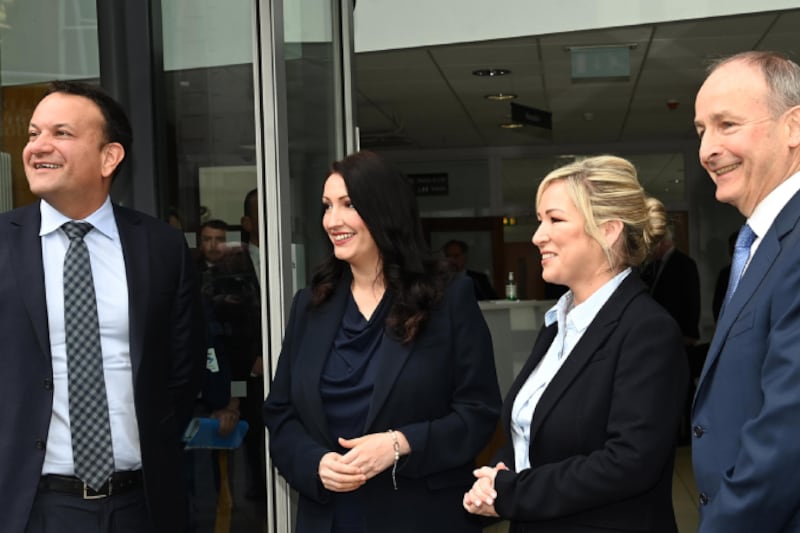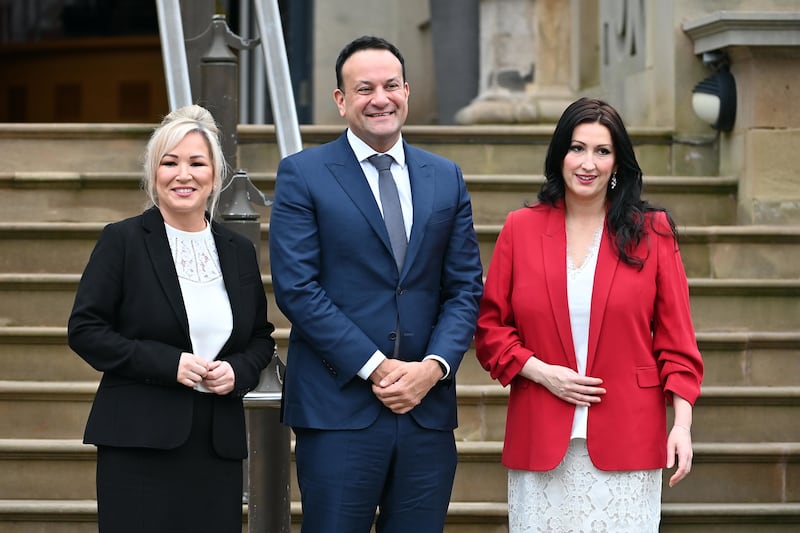The taoiseach has claimed that parts of the British establishment expected Ireland to "fall into line" after the Brexit referendum.
Taoiseach Leo Varadkar said that some people in Britain failed to consider the impact of Brexit on Ireland before the vote in June 2016.
Speaking at the Getting Ireland Brexit Ready workshop at the Convention Centre in Dublin, Mr Varadkar admitted that relations between Ireland and the United Kingdom were strained because of Brexit.
Addressing an audience of business leaders on how to prepare for Brexit, Mr Varadkar and Foreign Affairs Minister Simon Coveney spoke of the ongoing struggle to push for a breakthrough in negotiations.
Read More:
- Hardline group Saoradh launches Brexit policy document
- Anti-Brexit posters are 'unlawful', government department says
- Warning over Brexit preparation for trade and customs in Northern Ireland
Mr Varadkar said: "I think there are different strains in Britain and a lot of people in Britain have great affection for Ireland and they understand our concerns and they did think of the impact in Ireland before the referendum.
"But quite frankly there are others who didn't and you do come across people in the British establishment who can't believe we won't fall into line.
"They thought 'sure you'll be leaving too, won't you' and the fact that we aren't and the fact we stood up for ourselves has made some of them quite annoyed, but so be it.
"That's elements of the establishment. You'd swear we created the problem."
He said that while his personal relationship with Prime Minister Theresa May was "very good", relations in the wider sense were strained.
"They are strained because of Brexit which has created a disturbance in the force," he added.
He rejected suggestions from some that the Irish government was using the Northern Ireland peace process to force through a Brexit deal, saying it was "not part of any wider agenda".
"We think the rules we have had up until now worked reasonably well and we are trying to protect the gains of the peace process and protect the relative prosperity we have enjoyed in the last couple of decades," he continued.
Tanaiste Simon Coveney said he believed securing a Brexit deal was still "a very likely outcome" even in the face of growing pessimism.
"The truth is that the withdrawal agreement is the only agreement that's needed before they leave," he said.
"We are not talking about a detailed future relationship agreement for at least another two years.
"That withdrawal agreement is 95 per cent agreed and written, so it's the detail work around how we protect Ireland, the island of Ireland as a whole and the border issue and I believe there is a landing zone we can work towards that Britain can live with and we can accept."
Mr Varadkar recalled how German Chancellor Angela Merkel told him during the European Summit in Salzburg that he would "never feel such European solidarity on this issue as you ever will again".
"I thought it was very reassuring but also a bit ominous," he said in jest.
Turning to the Irish border, Mr Varadkar said if the UK decided to stay in the Customs Union it would help matters on Northern Ireland and in relation to east/west trade.
"But I don't think that's quite what they are proposing. They are proposing that for a temporary period they would sort of stay in customs union and that falls short for two reasons," he added.
"First of all it is temporary and the backstop can be temporary but it can't have an expiry date, it can be temporary until we have a better arrangements."
